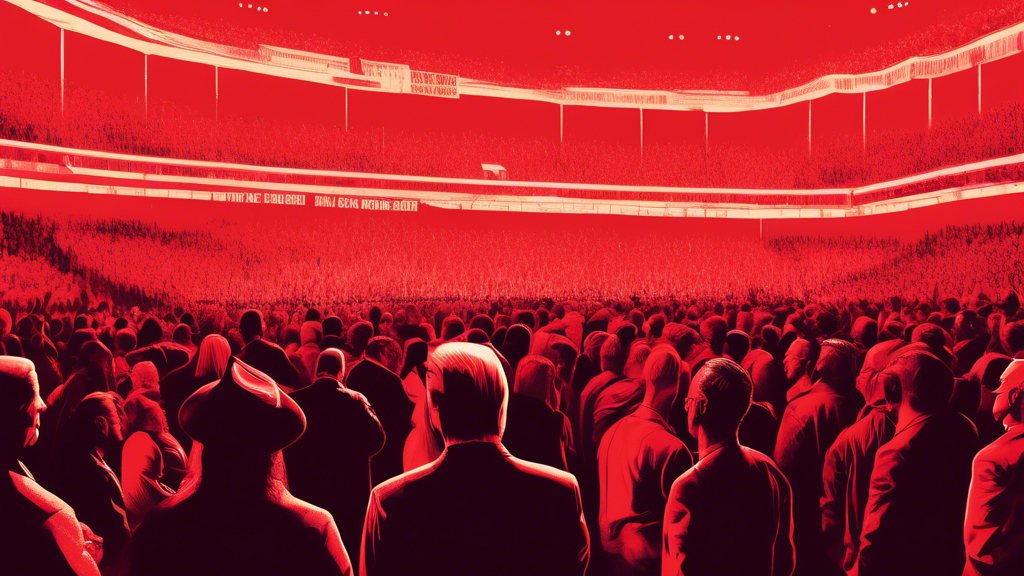
Reactions to Trump’s Rally at Madison Square Garden
Donald Trump’s recent rally at Madison Square Garden in New York City was intended to galvanize support for his 2024 presidential campaign, but it instead found itself submerged in a sea of controversy and backlash. From the remarks of a comedian who headlined the event to the responses from political adversaries, the implications of this rally might resonate far beyond its immediate audience.
Racist and Provocative Remarks
Among the most notable moments were the remarks by a comedian who took to the stage, making infinitely inappropriate comments about various communities. His disparaging remarks labeled Puerto Rico a floating island of trash and included derogatory comments about Hispanic individuals, Jewish communities, Palestinians, and even a Black attendee. Such comments not only risk alienating voters but also undermine the Republican Party’s broader message of unity and empowerment.
Backlash and Campaign Response
In the wake of the comedian’s remarks, social media was abuzz with criticism. Puerto Rican artists and public figures publicly condemned the comments, prompting the Trump campaign to swiftly distance itself from the spectacle. The campaign released a statement emphasizing its concern for voter demographics, particularly highlighting the importance of the Puerto Rican community in key battleground states like Pennsylvania. This swift response indicates a recognition that such inflammatory comments could jeopardize the campaign’s outreach efforts.
Political Criticism from Democrats
Not surprisingly, Democrats seized upon the controversy, with Vice President Kamala Harris leading the charge. She denounced the rally as a blatant exhibition of Trump’s divisive rhetoric and a prime example of how he seemingly thrives on creating division in the country. Such statements from Democratic leaders amplify their broader narrative that labels Trump as a source of social unrest and hate, a portrayal that the GOP must work hard to counter.
Controversial Statements and Themes
While the comedian sparked significant backlash, other speakers at the rally didn’t miss a beat when it came to controversial comments. Figures like Tucker Carlson made statements that ignited controversy, including a fabricated ethnicity for Vice President Harris that was both offensive and unnecessary. The atmosphere of the event, filled with grievances, misogyny, and racism, ultimately diluted the main messaging of the Trump campaign, leading to a speculative reflection on whether it would resonate with undecided voters.
Impact on Voter Demographics
The fallout from the rally raises questions about its effect on essential voter demographics. Trump’s allies are understandably anxious; moments like these can often sway independent voters and key demographics like the Puerto Rican community, who could ultimately decide the election. The importance of maintaining a coalition that can bridge various demographics cannot be understated, especially in critical states that are pivotal for a successful campaign.
Concerns About Authoritarianism
As the rally pushed boundaries of acceptability, some Democrats have intensified their warnings about Trump leaning toward authoritarian principles, even citing former Chief of Staff John F. Kelly. Kelly’s characterization of Trump as a possible fascist, while hyperbolic, demonstrates the extent to which the opposition will go to portray the former president in a negative light. The rally’s themes only feed into this narrative, giving Democrats more ammunition as they prepare for the upcoming elections.
In the final stretch of the 2024 election campaign, it is clear that Trump’s rally at Madison Square Garden has provoked reactions that may influence voter perceptions and decisions as the race heats up. The challenge for the GOP now is to navigate the murky waters of division and controversy while staying true to the message of unity and strength that they hope to convey to the American people.
